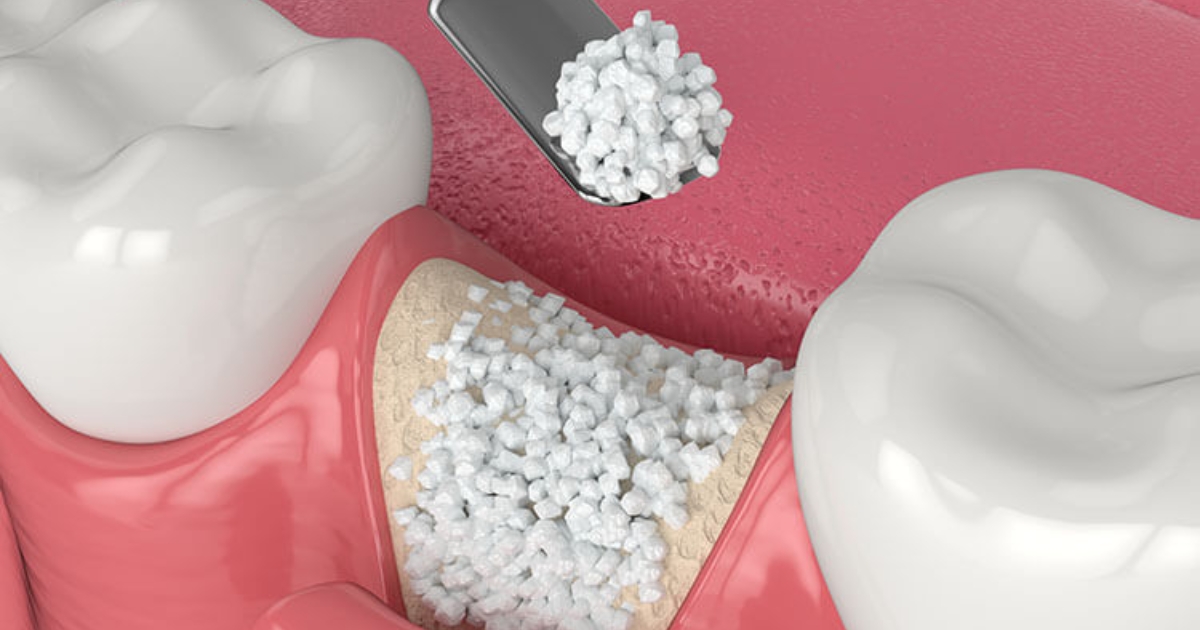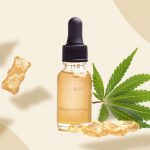
In dentistry, bone grafting is a useful technique, particularly for implant preparation and bone loss restoration from disease or trauma. Nevertheless, appropriate healing and post-operative care are critical to the success of bone grafting. Patients receiving bone grafting operations from implant dentist in Knoxville, TN can be proactive in ensuring the best possible recovery and maximizing the efficacy of their treatment. This blog post discusses the significance of recovering well following bone grafting and provides Knoxville patients with helpful advice for a quick and complete recovery.
Understanding the Importance of Proper Healing:
The success of the process and the long-term stability of the bone graft depend on proper healing following the treatment. Throughout healing, the body progressively replaces the graft material with newly formed bone tissue—a process referred to as “osseointegration.” To reduce difficulties and encourage the best possible healing, this procedure calls for persistence, time, and commitment to post-operative care guidelines.
Tips for Optimal Recovery After Bone Grafting:
- Follow Post-Operative Instructions:
Listen carefully to your dentist or oral surgeon’s post-operative instructions and follow them diligently. These instructions may include guidelines for oral hygiene, dietary restrictions, and medication usage. Adhering to these instructions can help prevent infection, reduce swelling, and promote faster healing.
- Manage Discomfort:
Following bone grafting surgery, moderate discomfort or minor pain is usual. To properly manage pain, use prescribed pain medications as prescribed by your healthcare professional. During the first 24 to 48 hours following surgery, using cold packs to the affected area can also help reduce swelling and ease discomfort.
3. Maintain Oral Hygiene:
Following bone grafting, maintaining good oral hygiene is essential to avoiding infection and accelerating healing. Observe the oral hygiene instructions provided by your dentist. These may involve using a soft-bristled toothbrush to brush gently, rinsing with salt water or mouthwash, and refraining from spitting or aggressive rinsing during the first healing phase.
- Eat a Soft Diet:
In the days following bone grafting surgery, stick to a soft or liquid diet to avoid putting excessive pressure on the surgical site. Opt for nutritious foods that are easy to chew and swallow, such as soups, smoothies, yogurt, and mashed vegetables. Avoid hot, spicy, crunchy, or hard foods that may irritate the surgical site or dislodge the graft material.
For bone grafting to be successful and for dental implants or other restorative treatments to be stable over the long term, the healing process must be completed properly. Patients in Knoxville, TN can support optimal recovery and good outcomes by adhering to post-operative instructions, controlling discomfort, maintaining dental hygiene, eating a soft diet, abstaining from alcohol and tobacco use, and attending follow-up appointments. Recall that the secret to a quick and uneventful recovery following bone grafting surgery is persistence and patience.




